On August 13, France suspended its military cooperation with Ethiopia, and in the process withdrew a US$100 million loan facility that was to be extended to Ethiopia to build its naval capacity. This was due to pressure from the USG and the EU (of which France is a member nation). Eight days later on August 21, 2021, a collective of Eritreans, Somalis, and Ethiopians started a Twitter campaign with the hashtag #AmisomOut. A few hours later (after the campaign) had started, USG, through the Department of the Treasury, imposed sanctions on the Chief of Staff (CoS) of the Eritrean Military, General Filipos Woldeyohannes. Eritrea protested these new sanctions on August 23, 2021, in a Press Release that accused USG of “unlawful acts”.



Pushing for Sanctions
There has been a push from C2FC, in alliance with sections of Kenya’s Directorate of Military Intelligence (DMI, which is part of KDF), and National Intelligence Service (NIS), to have the following people sanctioned: General Filipos Woldeyohannes, General Birhanu Jula Gelalcha (CoS ENDF), and Brigadier General Odowaa Yusuf Rageh (CoS of the Somalia National Army [SNA]). C2FC, DMI, and NIS have also been collecting and collating information to show that SNA soldiers were deployed by Eritrean leadership into Tigray in November 2020, where they participated in human rights abuses, and therefore, if the Eritrean Defence Forces (EDF) is sanctioned, then top officials of SNA should also be sanctioned. The trio of C2FC, DMI, and NIS are also pushing USG and EU to consider sanctioning 2 companies: Ethiopian Airlines and the Red Sea Trading Corporation.
An editorial published in The Washington Post welcomed the sanctioning of the Head of the Eritrean Military as the first step toward sanctioning all parties accused by Amnesty International and the United States Agency for International Development (USAID) for human rights abuses in the Tigray region since November 2020. As the editorial put it; “If Eritrean officials deserve sanctions, the U.S. government must consider them for Ethiopian government officials, too”. These sanctions follow sanctioning of Ethiopian government officials in May 2021, and the suspension of some budgetary aid packages to Ethiopia by the EU in December 2020.
The impositions of sanctions on the CoS of ENDF, EDF, and SNA, are considered necessary in order to push for sanctions against 3 leaders – President Abiy Ahmed Ali of Ethiopia, President Isaias Afwerki, and President Mohamed Abdullahi Mohamed (popularly known as Farmaajo). Relatedly, economic sanctions on Ethiopian Airlines and the Red Sea Trading Corporation are seen as necessary to precipitate hyperinflation, currency devaluation, and loss of purchasing power, which can create domestic disturbances to weaken the governments of Eritrea and Ethiopia.
So far, some Kenyan officials have been trying unsuccessfully to rally the East African Community (EAC) to support USG strategic aims in the Horn of Africa (HoA) region, usually by associating these aims with the security interests of the regional bloc. It met resistance until an unexpected event happened – a terrorist attack in Dar-es-Salaam conducted by an al-Shabaab terrorist of Somali origin.
economic sanctions on Ethiopian Airlines and the Red Sea Trading Corporation are seen as necessary to precipitate hyperinflation, currency devaluation, and loss of purchasing power, which can create domestic disturbances to weaken the governments of Eritrea and Ethiopia.
Geopolitics Press
Attack in Dar-es-Salaam
African Union Mission in Somalia (AMISOM) is a peacekeeping mission (in reality, a peace-enforcement mission) authorized by the United Nations Security Council (UNSC) and mandated by the African Union (AU) to fight the al-Qaeda affiliate in Somalia, al-Shabaab. On August 25, 2021, an armed Somali terrorist donning Nike Air Force 1 sneakers and walking on Ali Hasan Mwinyi road near Salender Bridge in Dar-es-Salaam, started shooting at Tanzanian security officers guarding the French Embassy. His target was not known, but there is a Kenyan diplomatic mission located on the same site. The terrorist was shot dead, and was later identified as 29-year-old Hamza Hassan Mohammed, and Tanzanians started questioning why there are Somali terrorists in Tanzania. The head of the Tanzania Police Force, Simon Sirro, confirmed that the slain Somali terrorist was a member of al-Shabaab, and President Samia Suluhu Hassan sent condolences to the 4 people killed by the al-Shabaab terrorist. Neither the Government of Eritrea nor the Federal Government of Somalia, which are now accused by intelligence officers in Kenya and Tanzania of being behind the #AmisomOut campaign, sent any condolences.


Hiraan Online reported that Hamza Hassan Mohammed was the brother of an al-Shabaab terrorist killed in Elbur in Somalia, and Zambian authorities have now been roped in to check on potential al-Qaeda terrorists living among the Somali community in the Zambia-Tanzania border area. Tanzania and Zambia both border Mozambique, where a terrorist organization called al-Shabaab has been waging a jihadi insurgency in the Cabo Delgado region.
The attack on the French Embassy, the #AMISOMOut Campaign, and the involvement of al-Shabaab provided a propaganda victory for parties opposed to the Tripartite Alliance because this terrorist attack can easily be associated with opposition to AMISOM being promoted by Somalia’s Federal Government which is led by Mohammed Abdullahi Mohammed. Moreover, Kenyan intelligence has accused Farmaajo’s administration of using al-Shabaab as a terrorist proxy to attack AMISOM troops and Kenyan territory.
Kenya is a Troop Contributing Country (TCC) to AMISOM, and KDF operates under AMISOM’s mandate in Sector 2 and Sector 3 in Somalia. In a news report titled The Proxy Wars Behind Kenya, Somalia Rows, which was published on May 23, 2019, in The (Nairobi) Star, it was reported that “Somali officials are negotiating with Turkey, Qatar, Ethiopia and Eritrea to support their takeover of Jubaland from Kenyan troops”. This shows that there are misunderstandings between Kenya and the alliance of Eritrea-Ethiopia-Somalia. This played a key role in C2FC establishing regional cells in Nairobi, and explains why C2FC is allowed to support TPLF activities from their operational command bases in Kenya.
As the #AMISOMOut hashtag trended on Twitter, Sudan announced its support for AMISOM, and was able to garner support in the UN to get ENDF troops deployed as peacekeepers in Sudanese territories to be removed.
Tanzania is where the headquarters of the East African Community (EAC) is located, and terrorist attacks targeting French and Kenyan interests in Dar-es-Salaam will require EAC members states to meet and discuss the terrorism menace emanating from the Horn of Africa (HoA). Additionally, this meeting will provide an opportunity for EAC to discuss the Ethiopian crisis and how it factors in radiating security threats into the EAC region. The 6 EAC member states are Tanzania, Kenya, Uganda, Rwanda, Burundi, and South Sudan; and the Democratic Republic of Congo is expected to join it soon. The Republic of Congo has also expressed interest to join EAC, and it will likely be admitted.
As it will be evident later, Ethiopia is being isolated diplomatically and regionally; and is slowly being surrounded by an alliance that supports TPLF.
Regional Isolation Increases the Odds of Defeat
As explained in a previous post, political warfare requires the nation targeted for regime change to be regionally isolated so that it is exposed to diplomatic and military coercion. If this targeted nation is denied a strong ally, then it can easily become a victim of foreign-imposed regime change (FIRC). This partly explains why the Governments of Zaire, Yemen, and Libya collapsed due to FIRC, while the Assad regime in Syria and Maduro regime in Venezuela have been able to survive FIRC.
Syria is strongly allied with Iran and Russia, and both nations have proudly taken credit for stabilizing the nation and averting the downfall of the Assad regime. This can be contrasted to Muammar Gaddafi of Libya who was regionally isolated in 2011 when the Arab League, African Union, and neighboring nations abandoned him. China and Russia were unable to help Gaddafi because they did not want to go against collective decisions made by the Arab League, and diplomatic isolation also meant that Gaddafi could not rally Russia to his cause. In fact, the Arab League endorsed the imposition of a no-fly zone by NATO on Libya so that rebels can operate with greater freedom against Gaddafi loyalists. On the diplomatic front in 2011, Gaddafi was publicly denounced by President Paul Kagame of Rwanda who said that ”citizen power” was needed to “take on this monster (Gaddafi)”. Gaddafi was also denounced by President Yoweri Museveni who faulted Gaddafi for pushing to create an “African continental government” and “treating other African Heads of State like children”. Gaddafi was ousted in October 2011 after an 8-month civil war in which USG, France, and Britain provided military support to Libyan rebels.
The example of Libya gives a context for regional isolation during a FIRC operation. It also gives new meanings to the realization that Turkey does not want to be publicly associated with arming ENDF, and China is keeping a low public profile concerning the Ethiopian crisis with the exception of opposing USG at the UNSC. Nonetheless, China supports the AU efforts to mediate the Ethiopian crisis. The AU Commission has already appointed Olusegun Obasanjo as its high representative to HoA, and the Commission’s Chairperson has called “on all stakeholders and the international community to extend every possible support” to the High Representative.
Can both CCP and USG support AU-led peace efforts in Ethiopia? Will the High Representative call on GoE to hold negotiations with TPLF? Will GoE accept AU proposals (if they are made) to have negotiations with TPLF?
This post provides context to the published excerpt of a conversation that the editor had last week.


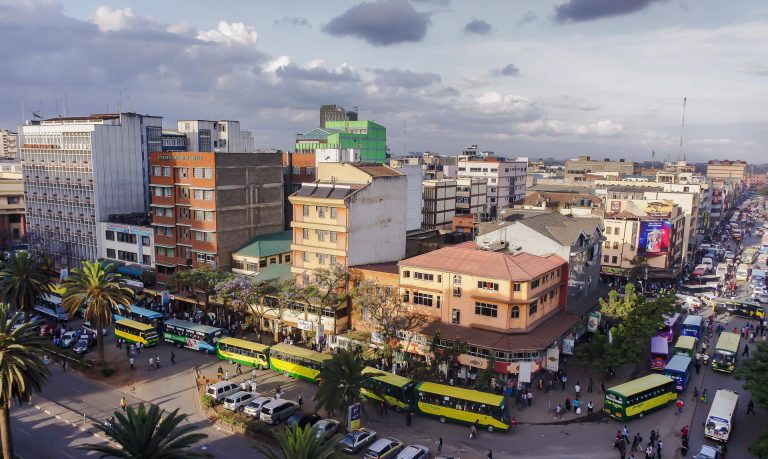
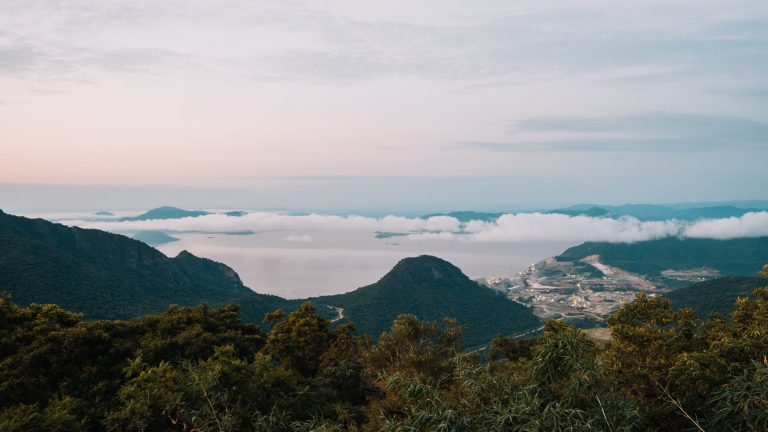
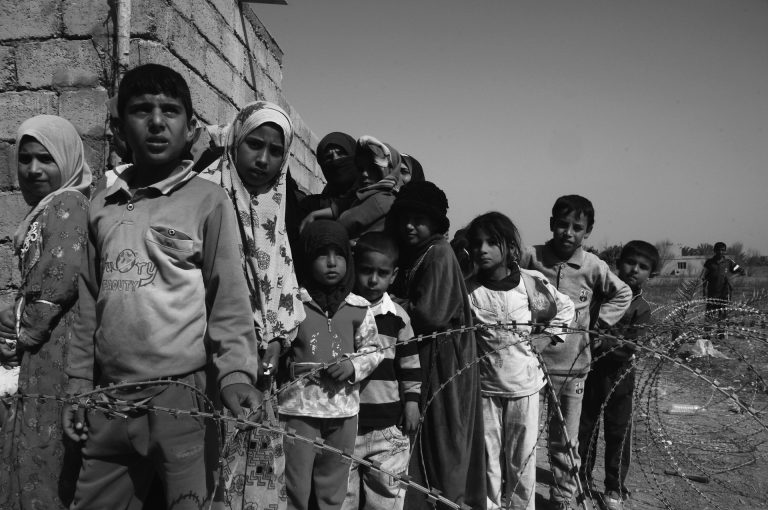

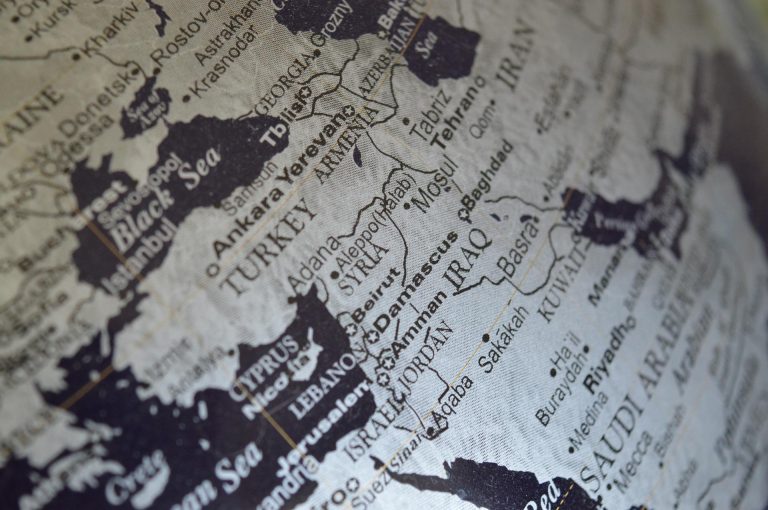
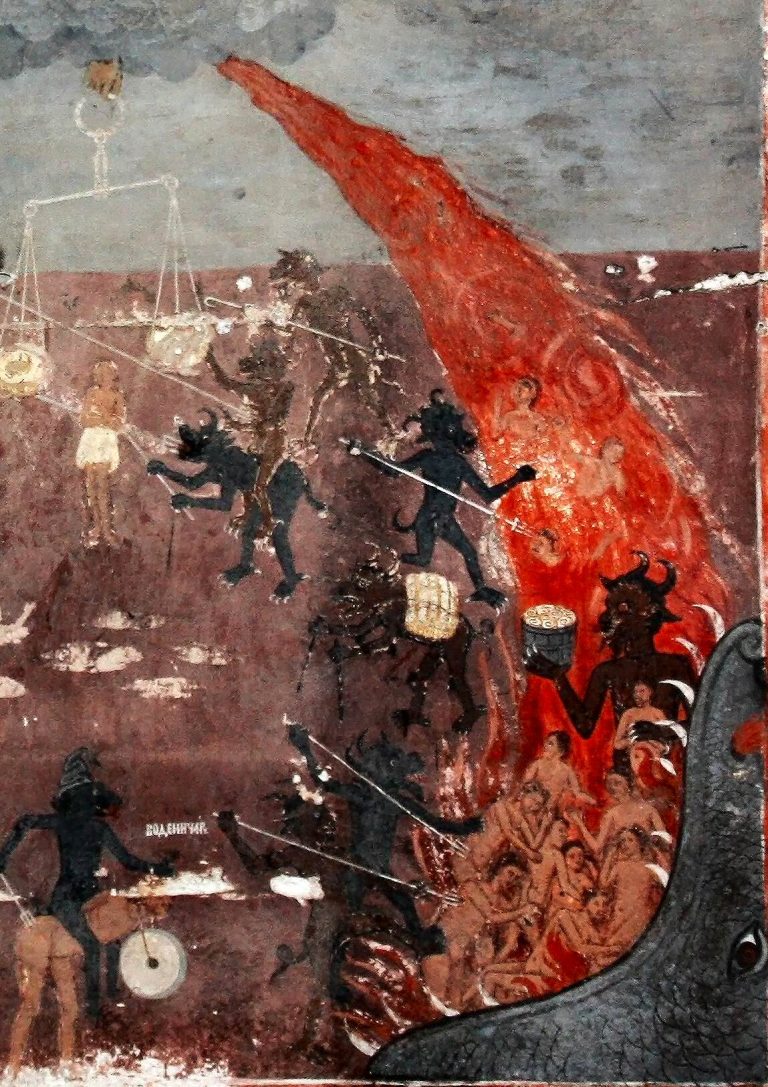
ኬንያ ላይ መሰረት ያደረገው የምስራቅ አፍሪካ ማህበረሰብ የኢትዮጵያንና የኤርትራን በጋራ የመቆም አዝማምያን አይደግፍም ማለት ነው። ግን በሰሞኑ UNSC ላይ የኬንያ ተወካይ እንዲህ ስሉ ተደምጠዋል። አሁን እንደድሮው አደለንም። በጋር/united/ ሆነናል። ስለዚህ ከኢንያ ኢትዮጵያ ላይ ክፋት ታስባለች ለማለት ይከብደኛል። በብዙ ምክንያቶች። በመሰረተ ልማትም እንደተገናኙ መርሳት የለብንም። ሌላው ኬንያን ተጾኖ ውስጥ ለማስገባት የምንጠቀምበት ብዙ ነገር አለ። ጊቤ ወንዝ አንዱ ነው። ሳትፈልግ የኢትዮጵያን መንግስት መደገፍ አለባት ማለት ነው። ኢትዮጵያውያን ምንም መጨነቅ አያስፈልጋቹም ባይ ነኝ!